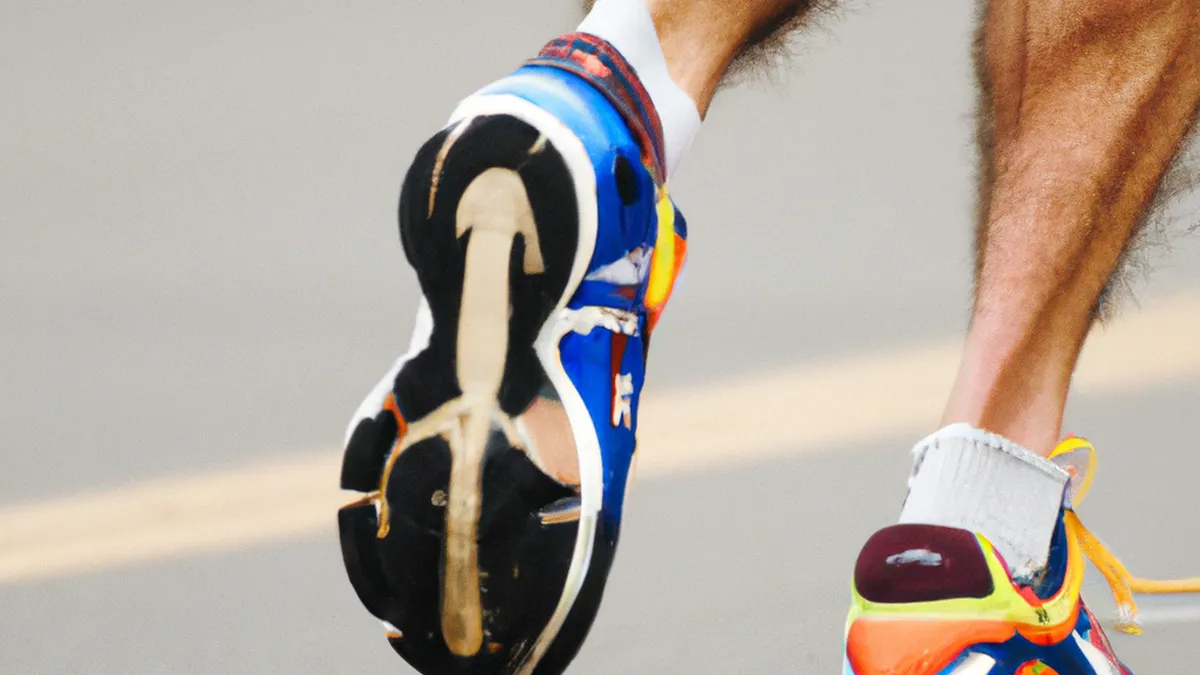Ideal Electrolyte Ratios for Marathon Success
Electrolyte Balance During RacesRaces excite, but they also challenge your body. One critical factor is electrolyte balance. Proper electrolyte levels enhance your performance and recovery. This post offers tips to manage electrolytes during races, useful advice, and the benefits of maintaining balance.
What Are Electrolytes?
Electrolytes are charged minerals that play essential roles in your body. They include sodium, potassium, calcium, and magnesium. These minerals support various bodily functions:- **Regulating Hydration:** Electrolytes maintain water balance in and around your cells.- **Muscle Contraction:** Sodium and potassium enable muscle contractions and prevent cramping.- **Nerve Signaling:** Electrolytes ensure efficient communication between nerves and muscles.You lose electrolytes through sweat during intense activity. This loss can lead to imbalances, especially for athletes in prolonged exercise. Minor imbalances can affect performance and health. Thus, athletes must understand and manage electrolyte levels.
Tips for Maintaining Electrolyte Balance
As an Amazon Associate I earn from qualifying purchases.
Gear tip: consider tens unit, running shoes, and gps running watch to support this topic.
1. Hydrate Before the Race
Start hydrating well before race day. Drink plenty of fluids in the days before your event. While water is crucial, include electrolyte-rich drinks. Sports drinks often contain sodium and potassium, essential for replenishing lost electrolytes. Hydrate adequately without overdoing it; a well-hydrated body regulates temperature and performance efficiently.
2. Monitor Your Sweat Rate
Understanding your sweat rate helps you determine your electrolyte needs. Weigh yourself before and after training to see fluid loss. Note how much fluid you consumed during that time. This data will guide your fluid and electrolyte intake during races.
3. Use Electrolyte Supplements
Electrolyte supplements can revolutionize your performance. Options include tablets, powders, or ready-to-drink solutions. Choose a balanced mix of sodium, potassium, and magnesium. Test these supplements during training; everyone reacts differently to formulations.
4. Consume Foods Rich in Electrolytes
Incorporate electrolyte-rich foods into your pre-race meals. Bananas, avocados, sweet potatoes, and spinach offer potassium. Nuts and seeds provide magnesium. Including these foods in your diet maintains electrolyte levels during the race, supplying necessary nutrients for optimal performance.
5. Customize Your Electrolyte Intake
Every athlete is unique, and so are their electrolyte needs.
Conclusion
Understanding and managing electrolytes enhances performance and supports better recovery during races.
Below are related products based on this post:
FAQ
What are electrolytes?
Electrolytes are charged minerals, such as sodium, potassium, calcium, and magnesium, that perform vital functions in the body. They regulate hydration, enable muscle contractions, and facilitate nerve signaling. Maintaining proper electrolyte levels is crucial for overall health and athletic performance.
How can I maintain my electrolyte balance before a race?
To maintain electrolyte balance before a race, start hydrating well in advance by drinking plenty of fluids. Incorporate electrolyte-rich drinks, such as sports beverages, to replenish essential minerals like sodium and potassium. It’s important to hydrate adequately without overdoing it to ensure optimal performance.
Why is it important to monitor my sweat rate?
Monitoring your sweat rate helps you understand your fluid and electrolyte needs during exercise. By weighing yourself before and after training and noting fluid consumption, you can determine how much you lose and adjust your intake accordingly. This practice is essential for maintaining performance and preventing imbalances during races.















Post Comment